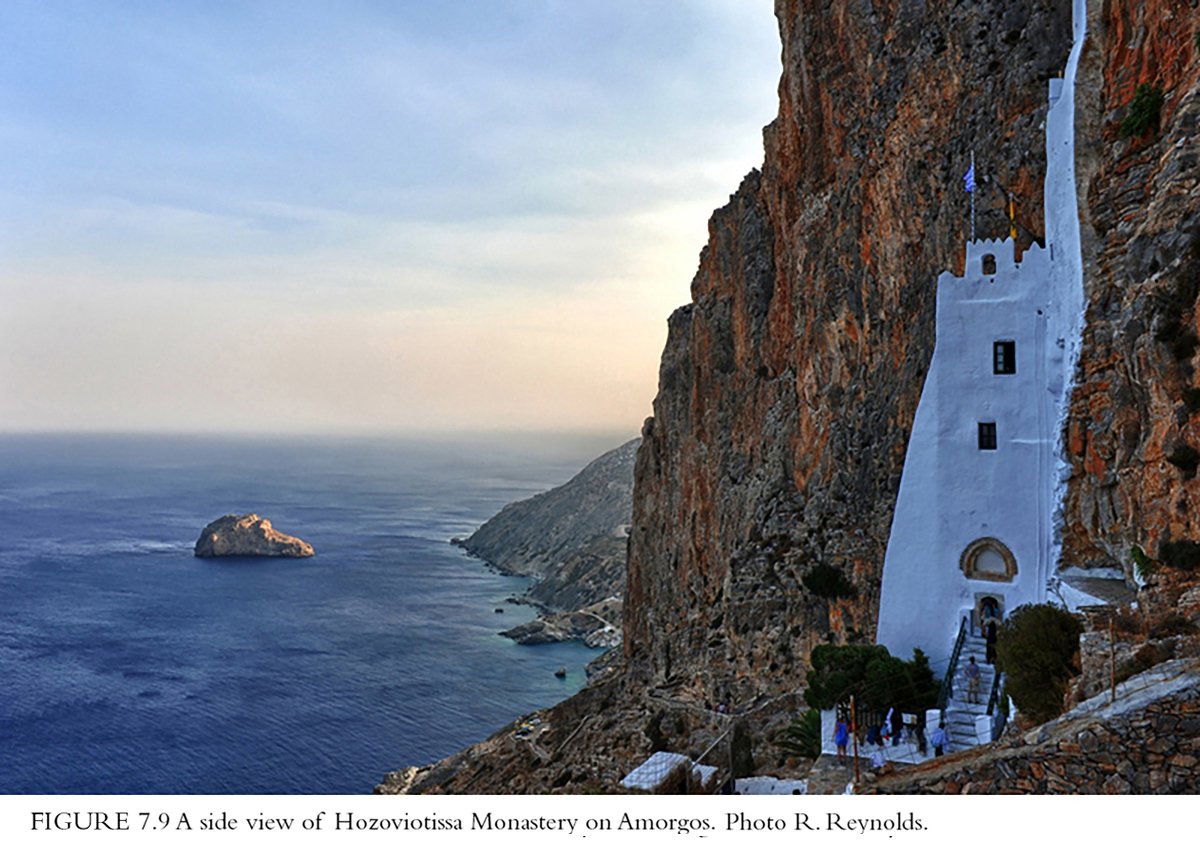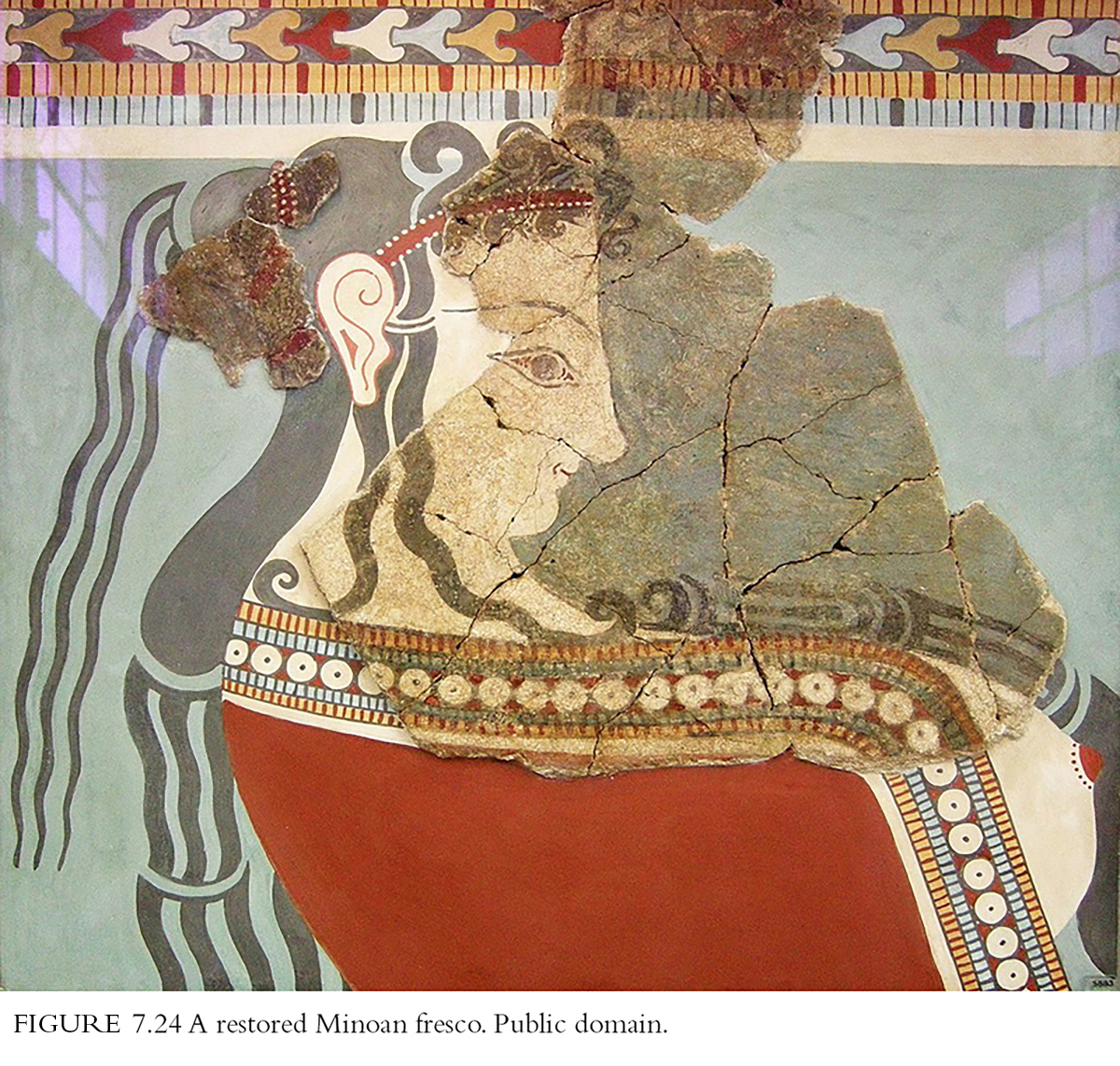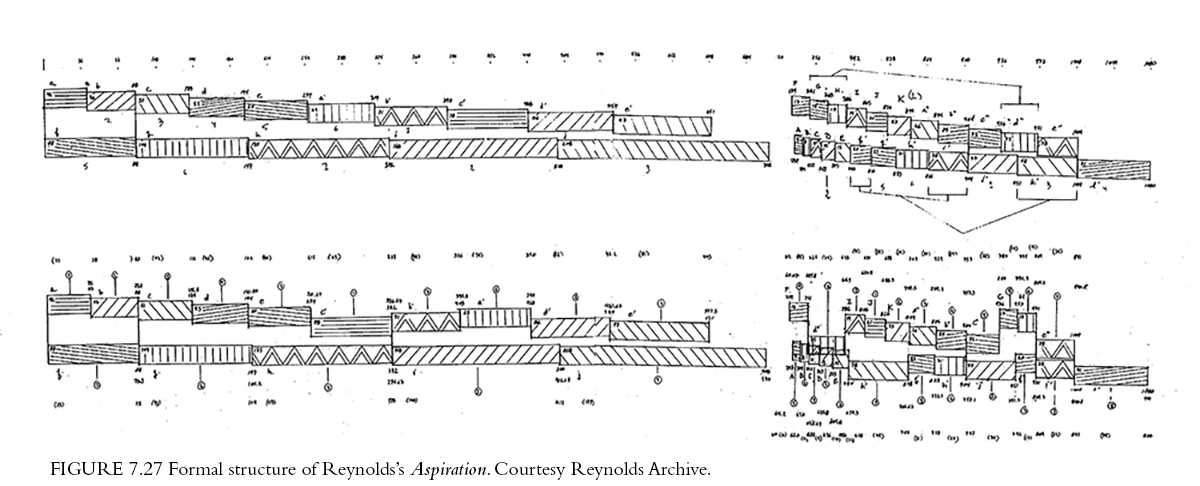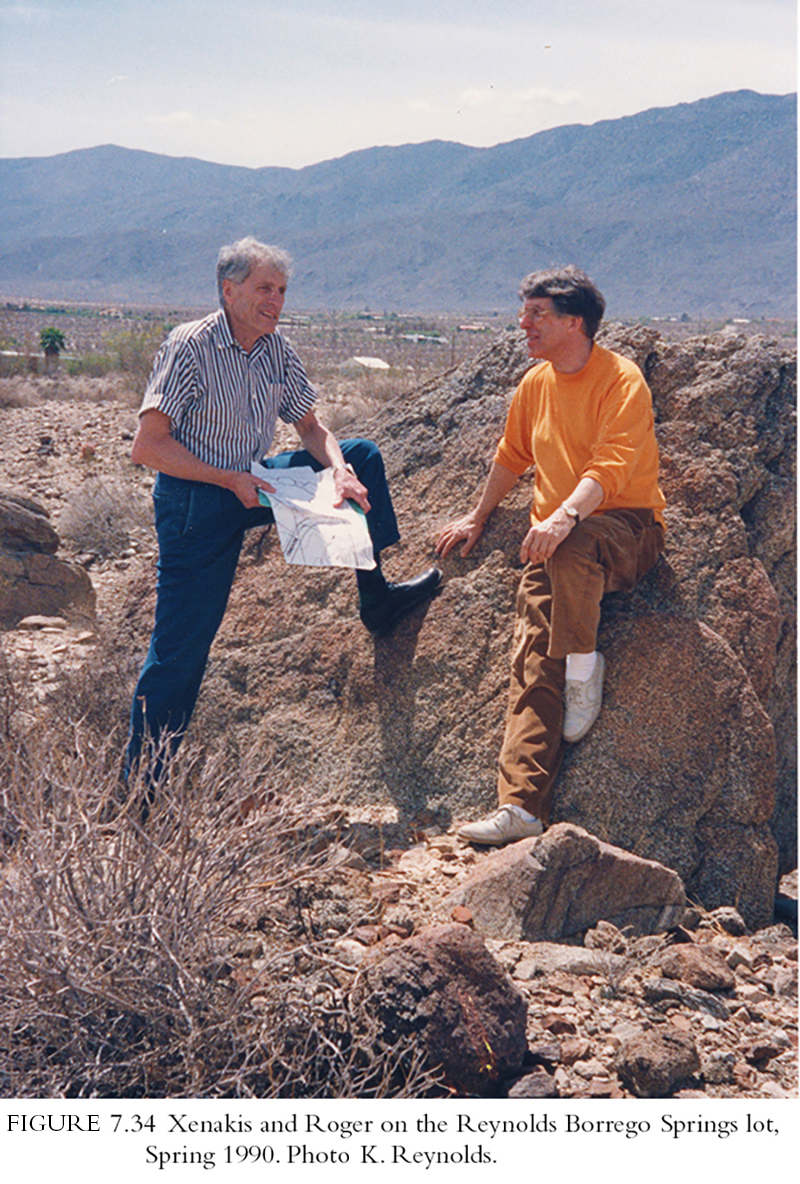

Update 22 February 2023


Xenakis Creates in Architecture and Music
The Reynolds Desert House
CHAPTER 7 Some Closer Looks




From this Chapter:
Xenakis’s way of getting at a difficult or obscure point was often to juxtapose opposites. This is related to his earlier remarked tendency to avoid transition, moving from one state of being to another with disruptive abruptness, testing the limits of inertia on our personal outlooks. At Fukushima, he said that we must know history, but then observed that “this is, of course, not possible.” Connecting his line of thought to music, he noted:
Composition is to do something that is different. We have to understand this absolute tendency. Originality obliges us to conceive a universe different from ours, perhaps not reachable by human beings.
He then went on to tie musical composition to science by invoking probabilistic distributions and rules. Repetition is implied in rules, he said. If a rule is used only once it is meaningless. Then switching suddenly to a folksy autobiographical perspective, he said:
30 years ago, I asked why should I compose? I observed myself. Is it necessary? You could go fishing.
He went on to discuss points of initiation, starting points, arguing for the importance of beginning – so much as is possible – from nothing.
Originality is a matter of freedom, to be free to choose anything.